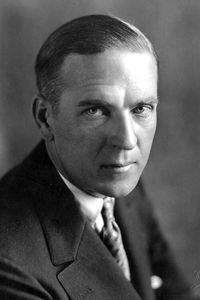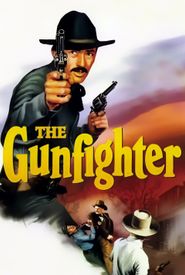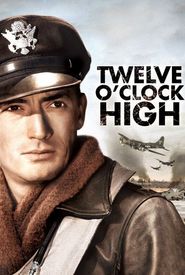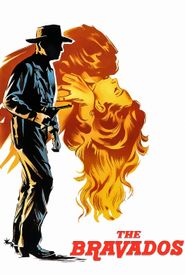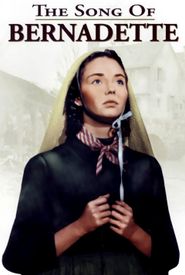Henry King was a renowned contract director at 20th Century-Fox, with a tenure spanning over three decades, from 1930 to 1961. He was known for his versatility, reliability, and hard work, and was particularly skilled at adapting literary works into films. King's approach to directing was characterized by his attention to detail, reliance on superior plots, and emphasis on good acting.
King was also an astute judge of talent, and discovered several notable stars, including Ronald Colman, Gary Cooper, Tyrone Power, and Jean Peters. He was known for his ability to spot potential in actors and help them develop their careers.
Born in 1886, King left school at the age of 15 to work for the Norfolk & Western Railroad. He later became an apprentice actor with the Empire Stock Company, where he performed song-and-dance routines in blackface. He befriended comedy actress Pearl White and began acting in films, eventually graduating to romantic leads in full-length feature films.
King's directing career began in 1915, and he gained momentum after joining The American Film Manufacturing Company and later Thomas H. Ince. His first success was the army comedy 23 1/2 Hours' Leave (1919). He went on to direct a string of critically acclaimed films, including Tol'able David (1921),The White Sister (1923),and Stella Dallas (1925).
King was also a pioneer in the use of location shooting, and his films often featured vivid and colorful depictions of rural or small-town America. He was known for his ability to balance sentimentality with a sense of realism, and his films often explored themes of love, loss, and redemption.
Throughout his career, King worked on a wide range of genres, including swashbucklers, romantic melodramas, epics, musicals, psychological dramas, and westerns. He was particularly fond of working with Gregory Peck, and the two collaborated on several films, including The Gunfighter (1950),The Bravados (1958),and The Snows of Kilimanjaro (1952).
Despite being nominated for two Academy Awards for Best Director, King never won the coveted trophy. However, he did receive a Lifetime Achievement Award from the Directors Guild of America in 1956. In a 1978 interview, King reflected on his career, stating, "I've had more fun directing pictures than most people have playing games" (New York Times, July 1, 1982).
